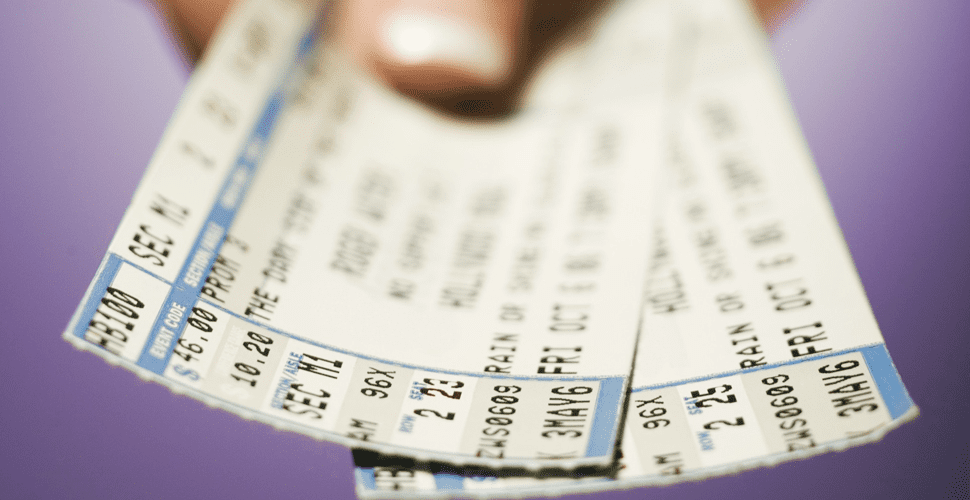New York’s laws related to ticketing are in the final stages of a proposed re-write, with the draft bill in Albany putting heavy emphasis on adding onerous regulations to the secondary ticket market. While it adds a number of regulatory hurdles for legal resale, it does nothing to address the source of an overwhelming number of consumer complaints – ticket holdbacks from sale from the public by industry insiders and venues.
The bill, which could be voted on as early as Tuesday, proposes a number of new policies intended to crack down on long-used methods among ticket resellers to best and honestly inform consumers about their purchase, including having a clear disclosure of the ticket’s total price including service fees prior to the sale’s completion, something that most resale websites already do. It does nothing regarding the other half of the equation in ticket resale – a surprising development, given that it was specifically requested by Gov. Andrew Cuomo after last year’s straight renewal of the existing laws.
It’s common knowledge among major industry players that artists and their management teams hold a certain number of tickets from hitting the market per show. An investigation by now-disgraced former NY Attorney General Eric Schneiderman found that over 53% of tickets to events in the state were held back. Broadway operators and other event promoters have fought hard against attempts to make ticketing transparency a reality, given the fact that it would take away their ability to deny that tight and deliberate restriction of supply has more to do with prices spiraling upward than any outside resale. Live Nation spearheaded the effort to kill transparency in Ontario, threatening legislators that any disclosure requirements would simply cause tours to locate to other provinces without the policy instead.
Former Ticketmaster CEO Irving Azoff admitted at the time of the Live Nation/Ticketmaster merger that of the entire inventory of event tickets available at any given venue, only 80 percent of those tickets wind up on Ticketmaster. More times than not, most of those tickets withheld are for some of the best seats in the house, which leaves fans upset and unable to see a show from a preferred section not just based on price, but lack of availability. In January, Azoff – now heading Azoff MSG Entertainment – partnered with the largest concert promotor in the world, Live Nation, to launch LaneOne. The LaneOne service offers an “exclusive window” to premium tickets “located in the first 10 rows” at what would easily be considered “scalper” prices, like $1,349 for front row Eagles tickets mentioned in the story of the product launch.
Some of the most vocal opponents of the resale world have been long known to be active participants in the practice of holding back tickets for resale through back channels. Bruce Springsteen was caught out 2009 after holding back over 1,000 tickets in the closest areas to the stage at a New Jersey concert. Springsteen was quick to blame Azoff and Ticketmaster on the snafu, while Ticketmaster chairman Barry Diller fired back at The Boss and said he should be held accountable for denying some thousand fans access to the seats. U2 have also been long known to dabble in the resale world for their own shows. One industry source told TicketNews that the band’s holdbacks in during their 1990s heyday were so large that Ticketmaster actually required the Irish rockers to pay a service fee for some of those tickets to avoid losing its ability to make a profit on the show.
The problem for the common fan is that the industry lobby on behalf of entertainers is unbelievably powerful. Mr. Springsteen was honored by the Obama administration and later performed a private show just before the family’s departure from the White House. Hamilton, which has long “battled” scalping by pushing its prices through the roof, performed a matinee show with box office sales going towards Hillary Clinton’s campaign in 2016, which raised ethical voting questions. The Tony-winning musical came under fire again when producer Jeffrey Sellers falsely claimed during his testimony in a senate hearing about the notoriously high face value of Hamilton tickets, which Seller had claimed were only priced at $199 each.
The state’s new legislation was written to further protect consumers, but in order to fully do that, it needs to stop overprotecting performers and their ability to obfuscate how ticketing really works while blaming the secondary market for all of the problems that are perceived to exist in the space.




